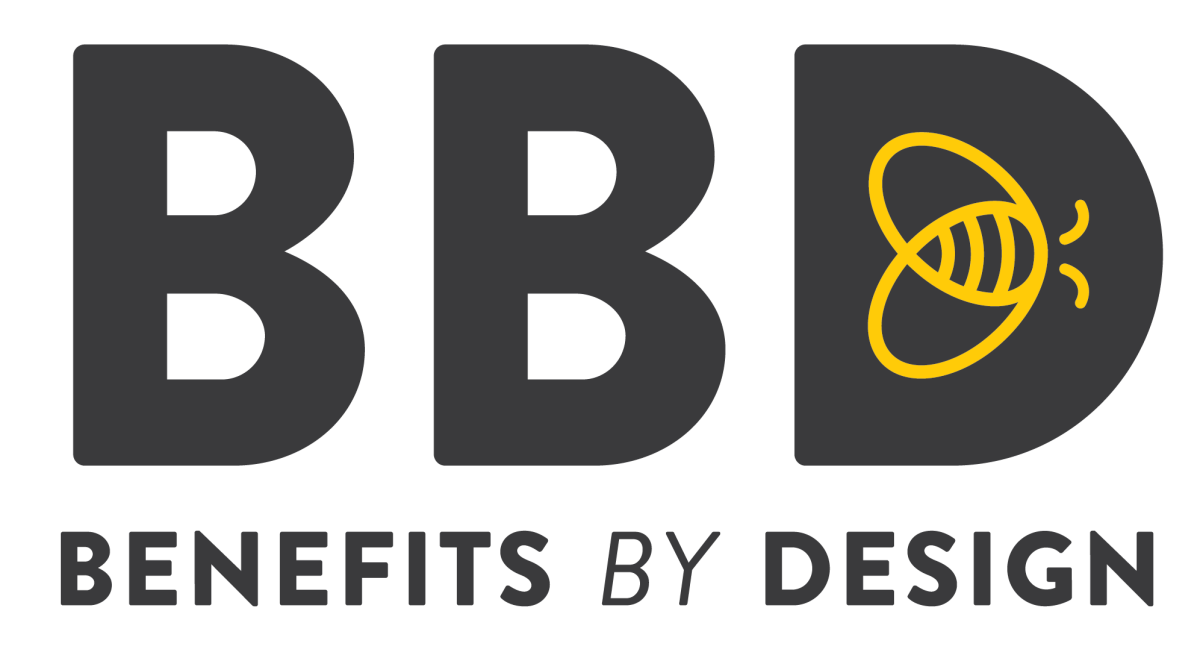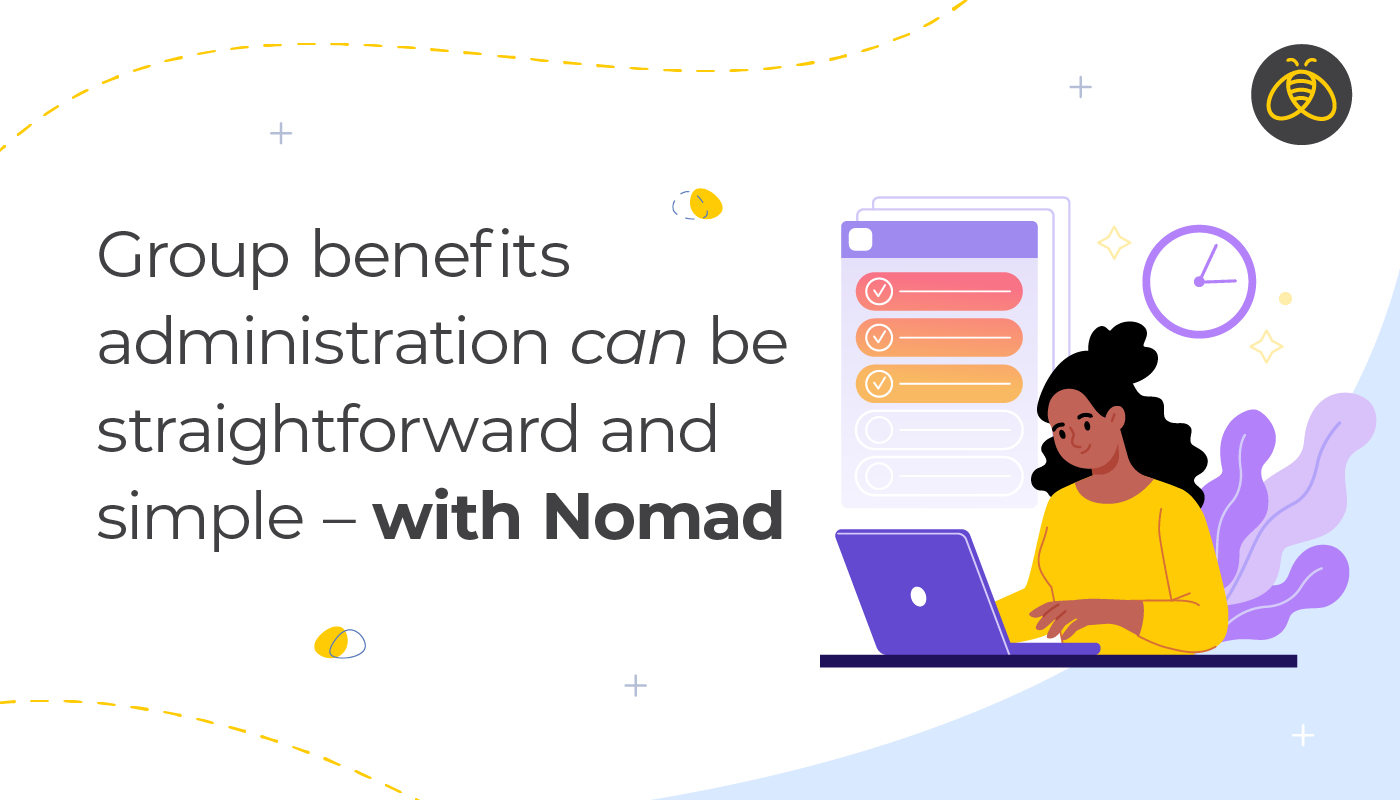What is Dental Insurance and What is Covered?
By: Benefits by Design | Tuesday September 29, 2020
Updated : Thursday June 23, 2022
Everyone likes the idea of keeping their teeth healthy and pearly white, but a healthy mouth and gleaming white teeth aren’t just a vanity thing.
The link between oral health and a person’s overall health is becoming well documented. In fact, research shows that tooth decay (in other words, cavities) and periodontal disease (that’s your gums) may contribute to serious health conditions.
So the fact that Canadians’ provincial health plans don’t cover dental claims is significant. However, there is one benefit that Canadians can turn to fill this gap: Dental Insurance.
What Does Dental Insurance Cover?
Dental Insurance helps plan members and their dependents pay for eligible dental expenses.
Dental Insurance coverage varies and is often quoted based on the needs of the employer seeking coverage. However, this type of insurance generally has three categories of coverage:
- Basic Services — dental cleanings, fillings, extractions and other minor or common dental work.
- Major Restorative Services — dentures, crowns, bridges and other major dental work.
- Orthodontic Services — braces and other correction services.
Coverage will vary depending on the plan design, but Dental Insurance often extends to dependents. Employees are encouraged to confirm their own coverage with their employer or individual provider.
Dental Insurance vs. Accidental Dental Insurance
As the name implies, Accidental Dental Insurance is for just that — accidents. Specifically, accidents that are generally of a higher-cost (consider the cost of replacing several teeth after taking a hockey puck to the mouth, for example). Ouch.
Contrary to that, regular Dental Insurance is more about the “maintenance” of your teeth and oral health, such as cleanings, fillings, and some higher-cost corrective procedures, such as braces, crowns, and bridges.
It is important to note that these two coverages, though they sound similar, are very different.
For example, Accidental Dental is actually a part of an Extended Health Care (EHC) benefit, rather than the regular Dental benefit. That means if you do not have Dental coverage as part of your employee benefits plan (but you do have EHC), you may still have Accidental Dental coverage.
Group Dental vs. Individual Dental
Group Dental is available through your employee benefits plan or on an individual basis. Canadians who don’t have coverage through their employer can pursue an individual solution like Green Shield Canada (GSC)’s Health Assist™.
The shared cost in premium is one advantage to a group dental plan. Employers who provide dental coverage to employees must cover a minimum of 50% of the cost in premium. However, with individual insurance, there is no one to share the cost with, so the individual covers 100% of the premium cost.
Why Would an Employer Want to Offer this Coverage?
Dental Insurance is among the most common and sought-after benefits by employees. After analyzing our own block of business, we determined that 90% of employers have Dental as part of their benefits plan. Employers looking to remain competitive and attract and retain top talent should consider this coverage for their employee benefits plan.

